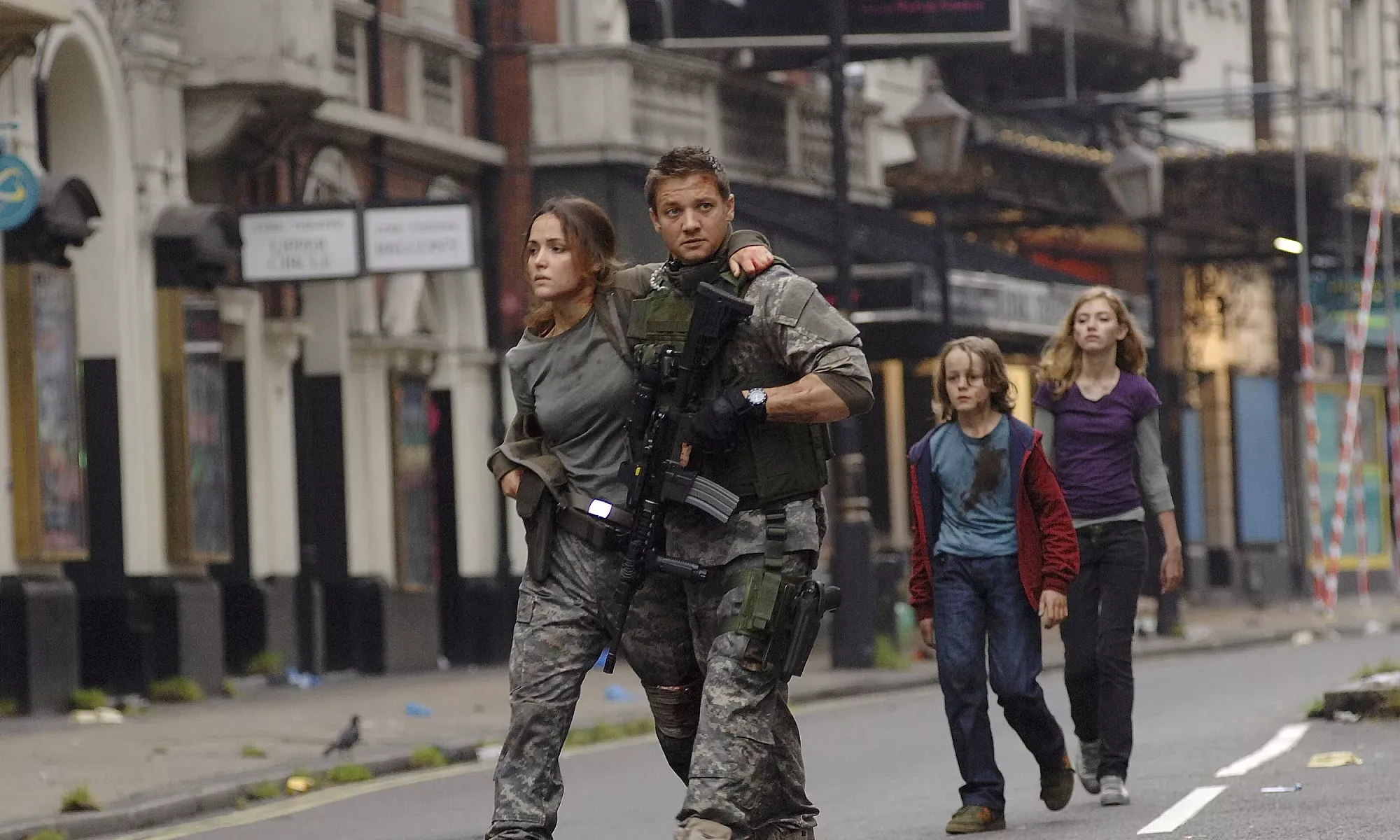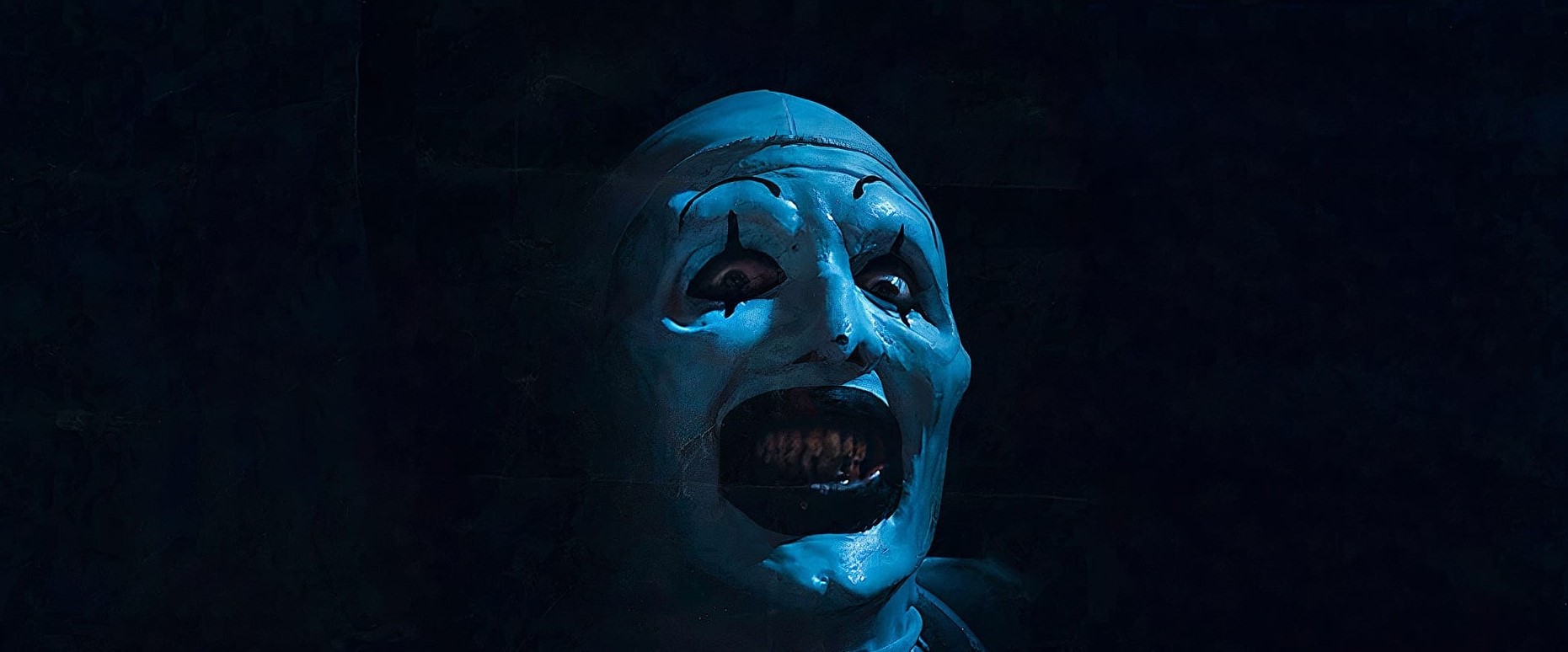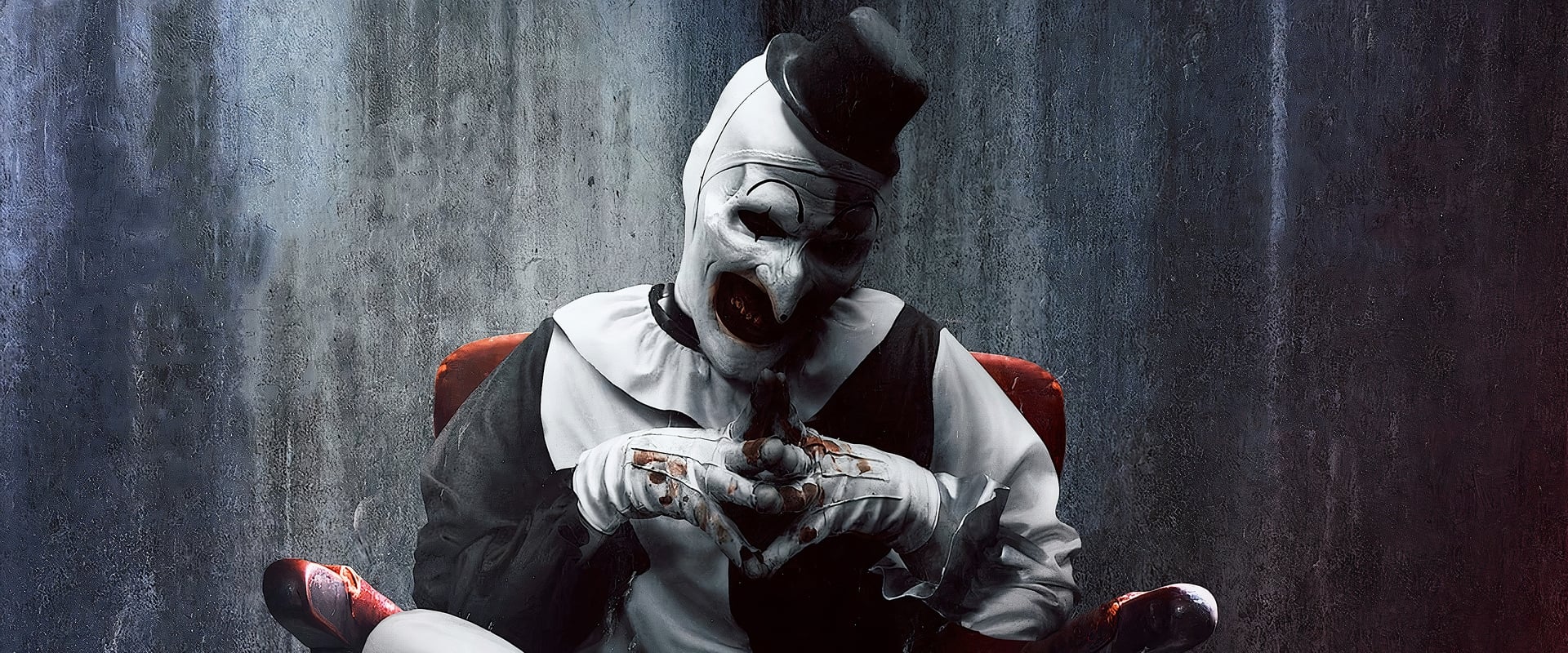Has any horror film ever been sabotaged quite so thoroughly by its own intelligence (or rather, the conspicuous lack thereof) as 28 Weeks Later? The film begins with such ruthless, pulse-jacking precision, Danny Boyle’s kinetic ghost lingering over the savage, merciless prologue, that for a few brief, breathless minutes one feels the rare thrill of a sequel that might justify its own existence. That opening, with its madcap flight through a cottage-turned-meat-grinder and the image of Don (Robert Carlyle, desperately scraping together a character out of animal panic) abandoning his wife to the horde, one of the finest acts of cinematic cowardice, played for eyeball-widening horror and not, as is depressingly common, for laughs. As Don paddles away across the nightmare water, you even ask yourself: would I do the same? The movie dares you to admit it.
Alas, having scaled these heights, in its first ten minutes, the film proceeds to gleefully roll itself down the slope for the remaining ninety. Somewhere along the line, the intelligence that Boyle so carefully meted out in 28 Days Later, when people fought to survive with makeshift wits and brittle humanity, has been jettisoned. Instead, we are stranded with a collection of characters who seem to have been designed by a committee of screenwriters dead-set on proving the punchline of the oldest horror joke: people in scary movies are idiots, aren’t they? This isn’t your run-of-the-mill genre foolishness; this is world-class, Olympic-standard idiocy. Children risk society’s survival on a quest for a photograph, military professionals flout every protocol, and survivors of unspeakable trauma behave as if this entire situation is little more than a mild inconvenience, broken only by moments of forced solemnity, flatly performed.
And then there is the matter of performance. Even Rose Byrne and Jeremy Renner, usually compelling, game presences, seem muted, lost in a screenplay so stitched together it might as well be riding the rails. Byrne attempts to radiate steely resolve, and Renner flickers with the occasional flash of decency; but the magic, the lived-in grit and chemistry of the original film’s cast, is simply absent. Instead, we’re left with actors giving so-so performances through the thick fog of perfunctory dialogue (“Stay behind me,” ad infinitum) and direction that seems to confuse jagged camera shake for urgency, and CGI fireworks for emotional stakes. Has digital gore ever felt so weightless, so meticulously designed to hollow out our investment rather than deepen it? When what’s splattered on the lens means so little, we feel nothing, except perhaps impatience.
What is left, after the explosion and the firebombing, but a question: How could four writers, FOUR, combine their efforts to populate a franchise built on human frailty with characters this resolutely unlikable, this utterly witless? The original gave us what remains such a rare commodity in horror, a world of people behaving like actual, scared human beings. Here, the new arrivals (the Americans, parachuted into this battered London) are written with such generically manufactured heroism or villainy that the film’s central epidemic turns out to be narrative laziness.
And yet, I cannot quite hate 28 Weeks Later. There are, amid the glut of stupidity, moments of bloody, kinetic beauty: the metro tunnel sequence, with its panicked descent into velvet-dark, night-vision terror, is a rare return to the kind of seat-clutching anxiety the genre promises but seldom delivers. The score, a memory of greatness past, surges when the film itself sags. If the cliché-ridden, by-the-numbers ending feels as lifeless as the crowd of infected, well… the film at least had the decency to open with a bang.
Perhaps that is the film’s curse: to be remembered, replayed, and even admired solely for a first act that sets up a standard which every subsequent minute so energetically undermines. It is a sequel that spells out, in celluloid and CGI, how not to follow a masterpiece: by aspiring only to copy its surfaces, the jittery lens, the melting faces, the relentless score, while misplacing its vital, nervy heart. At this point, one almost prefers a messier, weirder failure over this calculated, middlebrow disappointment; at least with a mess, you might be surprised. 28 Weeks Later is a reminder: sometimes survival is just a matter of escaping the sequel.


